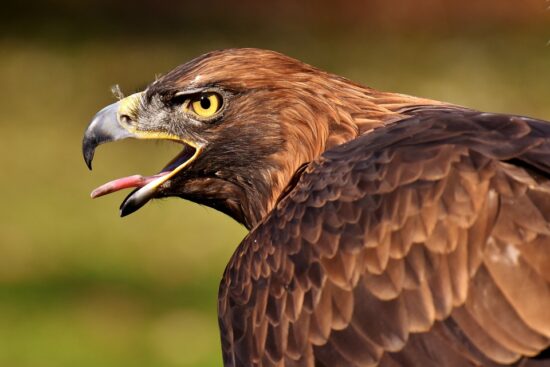Antibiotic resistant Escherichia coli in wild birds hospitalised in a wildlife rescue centre
The aim of this work was to evaluate the consequence of a hospitalisation period on antimicrobial resistance in Escherichia coli isolated from wild bird species admitted in the wildlife rescue centre of the Department of Veterinary Sciences (Turin University,Italy). Samples were collected from 121 raptors and 51 synanthropic animals, at time of arrival as well as 5 and 10 days afterwards for a total of 372 faecal samples, and the susceptibility of E. coli strains was tested to a panel of seven antibacterials. Of the total, 109 animals (63.37%) presented at least one sample positive for E. coli, 36 strains (39.6%) were multi-drug resistant (MDR) and 12 (13.2%) were extended spectrum beta-lactamase (ESBL)-producing E. coli. During the first 10 days of hospitalisation E. coli strains increased the number of resistances towards each antimicrobial principle, the number of ESBL E. coli and the therapy with fluoroquinolones developed resistance towards ceftriaxone, marbofloxacin,sulfamethoxazole-trimethoprim and tetracycline. Our results suggest that wild birds act as reservoirs of MDR bacteria, being potential sources for their spreading in the environment and to other species.
AMR NEWS
Your Biweekly Source for Global AMR Insights!
Stay informed with the essential newsletter that brings together all the latest One Health news on antimicrobial resistance. Delivered straight to your inbox every two weeks, AMR NEWS provides a curated selection of international insights, key publications, and the latest updates in the fight against AMR.
Don’t miss out on staying ahead in the global AMR movement—subscribe now!







